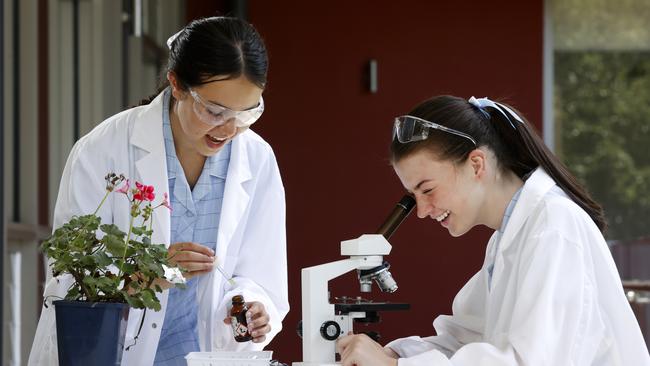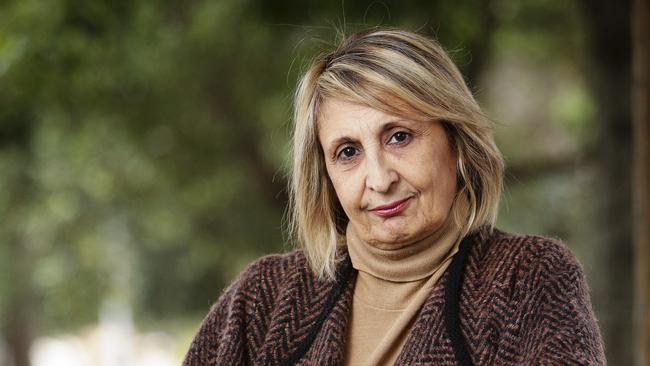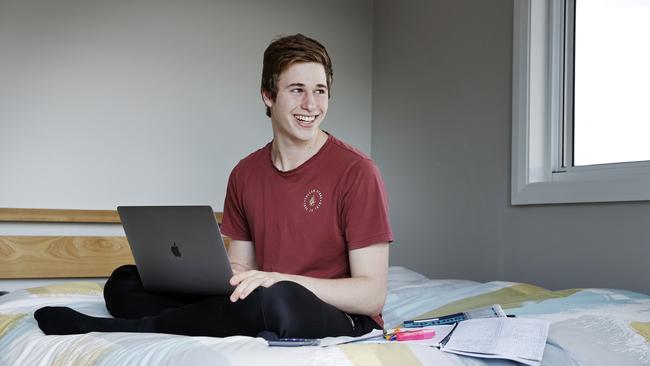The biggest mistakes parents can make in teenagers’ academic pursuits
Parents of teenagers have been warned against befriending their kids as they begin their Year 11 and 12 senior studies. Here are the biggest mistakes to beware.
Education
Don't miss out on the headlines from Education. Followed categories will be added to My News.
Parents must stand up to adolescent children in their final years of school who are hellbent on embarking on their first teenage romance and those addicted to video games before their problems get out of hand, a leading child psychologist has warned.
Educational and Developmental Psychologist Dr Rose Cantali said boundaries must be set early and not to be “afraid” of their own children because they wanted to be their friend or didn’t want to be rejected.
“A lot of parents are scared about confronting kids, they’re scared of their own children. They need to have the confidence to talk to their child,” she said.

“You could say, ‘I know you want to go out with your girlfriend, but you have responsibilities. Let’s work out what is a good negotiation’ … and I have not met one kid who does not negotiate.”
At the other end of the spectrum, she said for parents of children who compulsively studied for 12 hours a day there were simple things they could do in the early weeks of senior school to wean them away from the books and get them doing other activities.
“A lot of the kids actually work in their rooms — that is hard because you’re sleeping, gaming and studying all in one area,” she said.

One of the biggest mistakes parents made was facilitating isolation from the rest of the family by bringing their dinner to them on a tray and leaving it outside their door so as not to disturb their study.
“Nobody is so busy they can’t take time out to spend time with their family,” she said.
“Rather than just focusing on study, you have to focus on the basics of good mental health because if you have that you’re going to study effectively and process information effectively.”
Having dinner together as a family, going for a walk or bicycle ride with a child helped bolster a healthy routine from the first weeks of Year 11 while getting them a uncluttered space to study was also beneficial.

When it came to selecting what they were going to study, educational consultant Cheryl Lacey said parents must encourage their child to get a broad education by choosing a diverse range of subjects they enjoyed.
She said the biggest mistake a parent could make academically would be trying to optimise the ATAR purely to get into a prestigious university course.
“Not all children want to know where they’re wanting to move professionally in the future,” she said.
“So to force students into achieving high scores purely for university entrance, which is the intention, that negates the encouragement of them to explore other avenues.”




